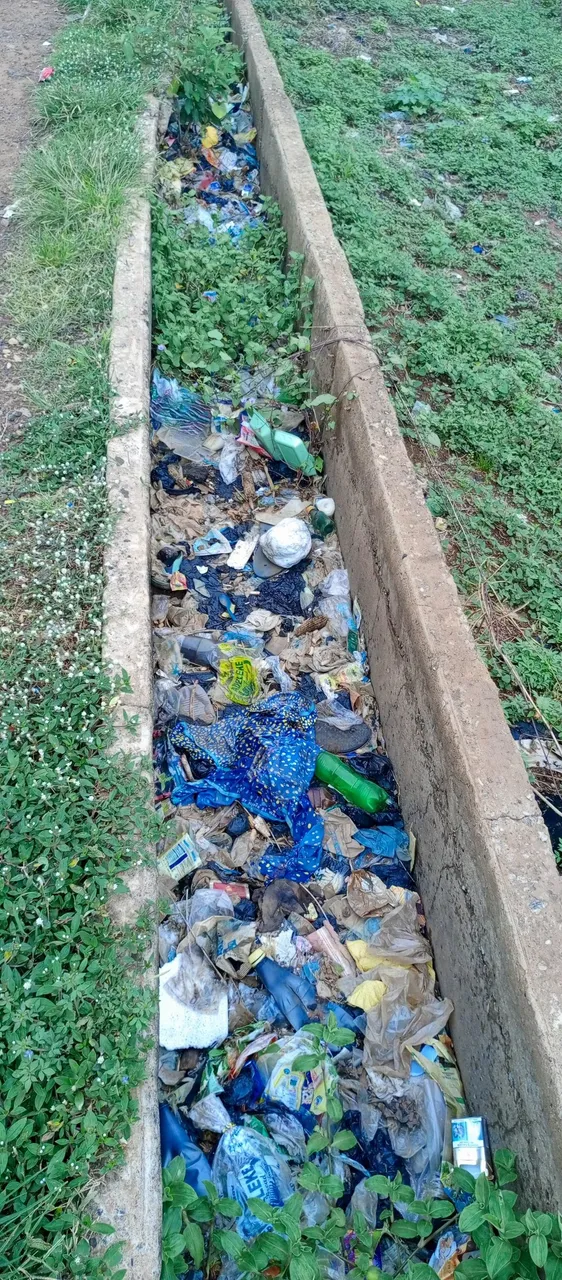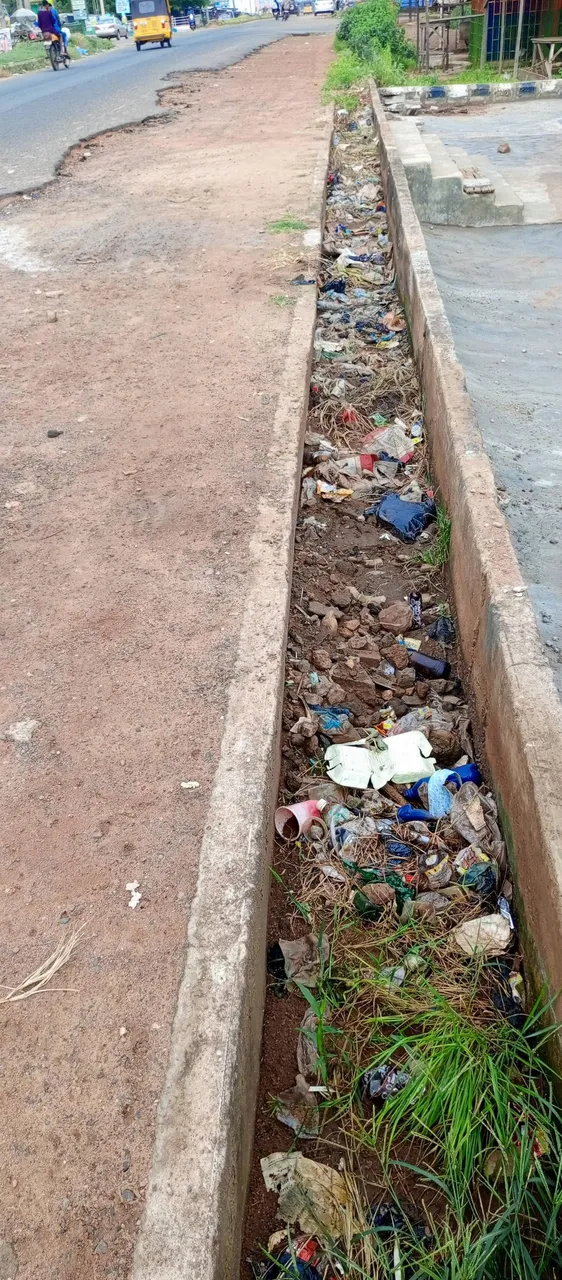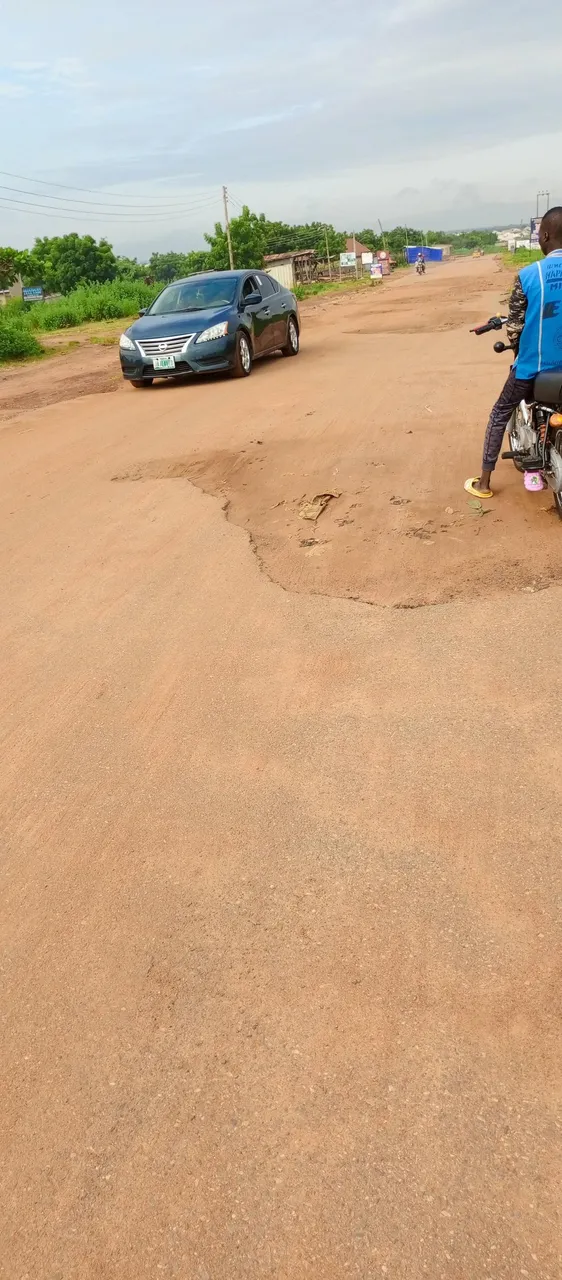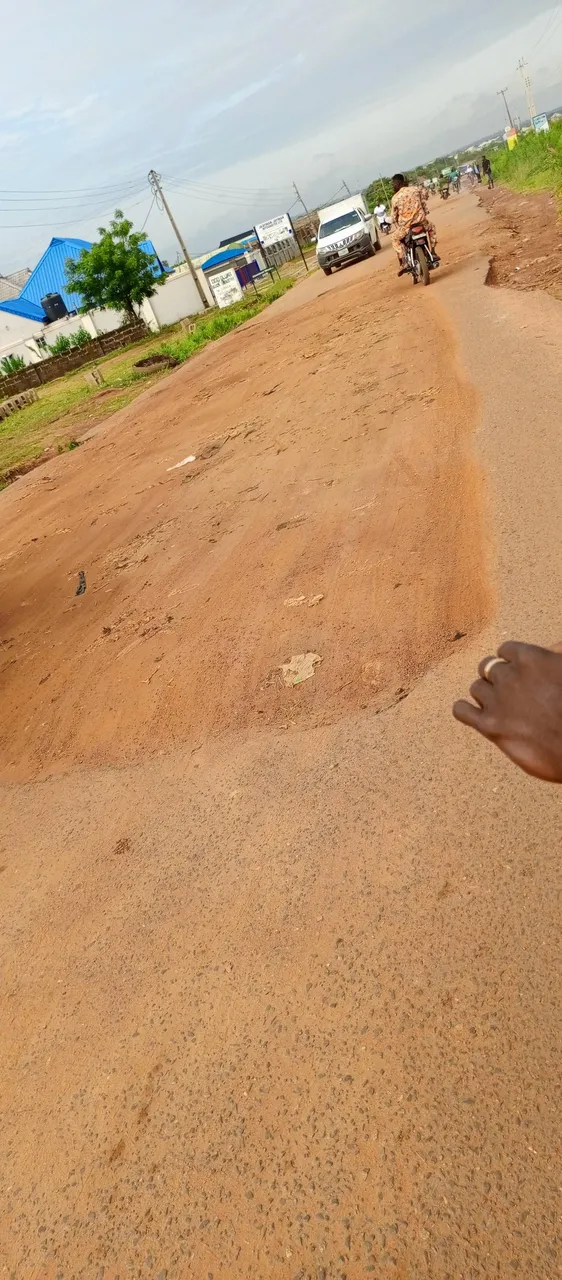Having to choose between the rainy and dry seasons forever is quite a difficult choice; both seasons are very important for life processes on earth. Both have their advantages and disadvantages as well. I'll always go with the dry season.
In an actual sense, the dry season comes with a number of challenges, such as drought resulting in dehydration, and the air during the dry season is not as fresh as during the rainy season. As humans advance in civilization and technology, new ways to curb these challenges faced during the dry season are now available, thereby reducing the burden to the barest minimum with the hope of finding lasting solutions to them. Hence my choice of the dry season.
FARMING
Due to a lack of rainfall during the dry season, farmers can now cultivate food crops using the irrigation farming system. Farmers now drill boreholes and wells that are not easily dried up compared to the early 1960s. Fresh vegetables that even taste better (Irish potatoes and carrots cultivated during the dry season are sweeter compared to those cultivated during the rainy season) and food crops are now sold in the market all year round.
Soil nutrients are replenished during the dry season compared to the rainy season, when nutrients from farmlands are washed off by erosion. Farmers are no longer scared of having their farm products destroyed due to floods or excess rainfall. Food crops like strawberries, grapes, and tomatoes require little or no rainfall for maximum yield, hence why they are cultivated more just before the rains start or towards the end of the rainy season.
Farmers can graze animals on a ranch by using the irrigation farming system to cultivate their food.
HEALTHY AND CLEAN ENVIRONMENT
The environment is cleaner and safer during the dry season, unlike the rainy season, when floods carry waste materials from different locations and litter everywhere. The prevalence of disease-causing vectors is reduced since the environment will not be favourable for their breeding. There is a great decline in the rate at which people fall sick, unlike during the rainy season when the rate of infections and widespread diseases is high, with a high incidence of malaria, cholera, dysentery, skin infections, and allergies, to mention but a few.

FOOD AND FOOD PRESERVATION
There is an abundance of food during the dry season compared to the rainy season, when there is food scarcity because the crops are still growing and not ready for harvest.
There are certain types of food crops that can only be cultivated when the rains are gone.
When it comes to food preservation, in Nigeria, it is usually easier to preserve food during the dry season using sun drying methods for grains, tubers, and seafood to avoid spoilage and rot. The risk of mould growing on food crops is reduced.
FLOOD
In Nigeria, the government has little or nothing in place to curb the flooding issues that come with excessive rainfall. Most cities and towns have poor drainage systems, resulting in flooding. People living in swampy and riverine areas practically abandon their homes and look for shelter elsewhere until the rains are over.

ROADS
With our already bad road networks in Nigeria, the roads get worse, leaving bigger and wider potholes during the rainy season, making it difficult for people to travel or transport goods and services. The absence of rain boosts economic activities, thereby maintaining the supply chain and facilitating the supply of goods and services to all parts of the country. Drivers find it easier and safer to ply the roads without fear of getting their tyres punctured by nails, broken glasses, and other sharp objects washed into the roads by the rain. There are fewer accidents on the road during the dry season; accidents occur more during the rainy season.



BUSINESSES
Businesses and companies tend to thrive during the dry season as people are not scared of leaving their homes under the rain, nor are market vendors worried about the rain spoiling their goods. Prices of goods and services are high, and the rate of competition among producers also increases.
OWAMBE (CELEBRATIONS)
Nigerians and "owambes" are inseparable. We enjoy being celebrated and having celebrations. Most Nigerians prefer having their occasions during the dry seasons, where they can celebrate for as long as they like without the fear of rain ruining the occasion (very few Nigerians can afford to pay for a hall). Most festivals, carnivals, and outdoor concerts are done mostly during the dry season. Relaxation centres are usually visited the most during the dry seasons, too, because we enjoy being outside with friends and families.
Lastly, our clothes dry faster during the dry season due to the sun, unlike during the rainy season, which will take longer, and sometimes mould will eventually breed on them, resulting in unpleasant odours and, in some cases, skin reactions.
I feel the dry season's disadvantages can easily be managed compared to the rainy season.
ALL IMAGES ARE MINE.